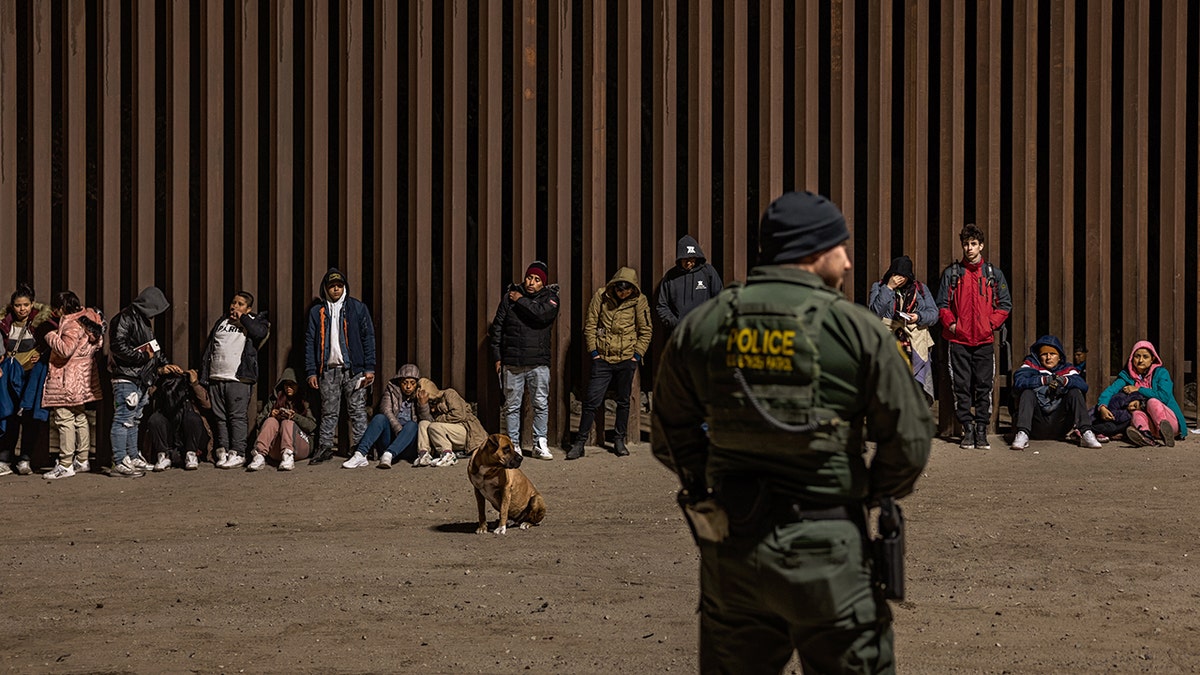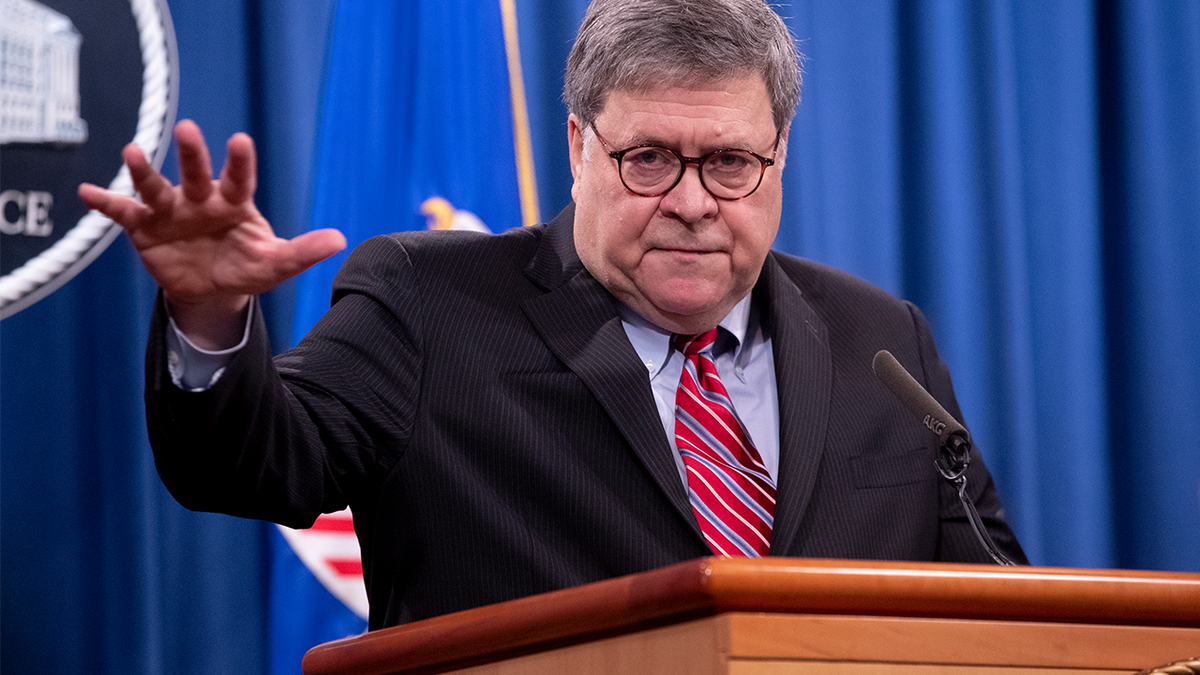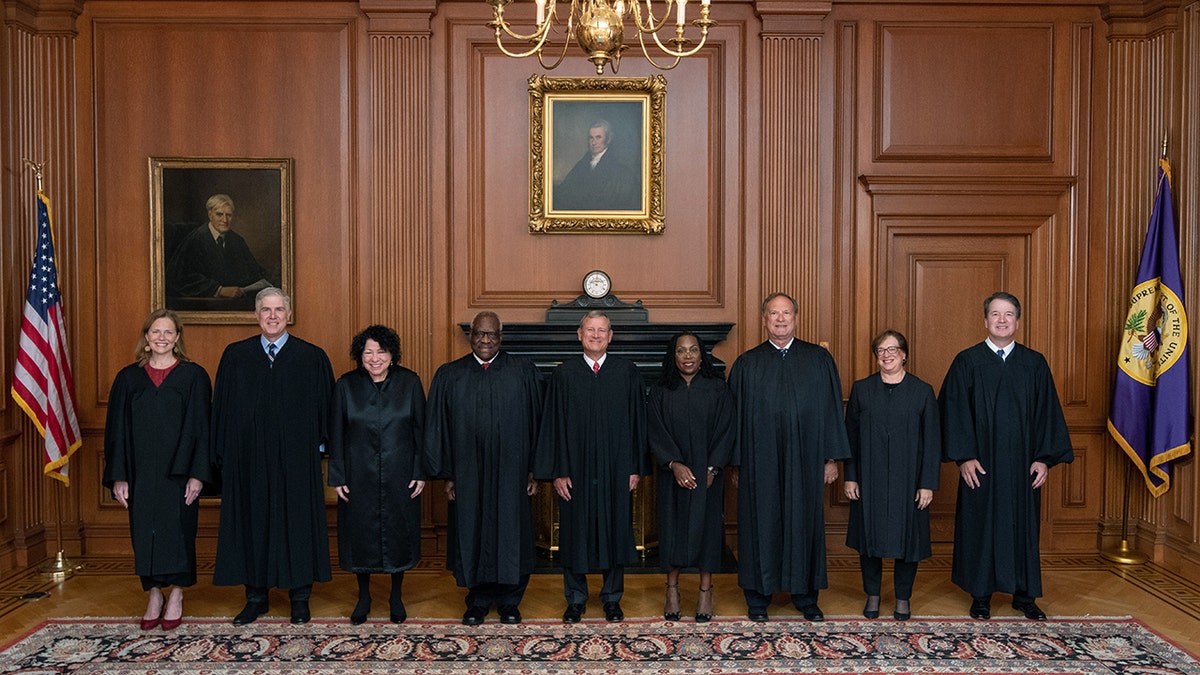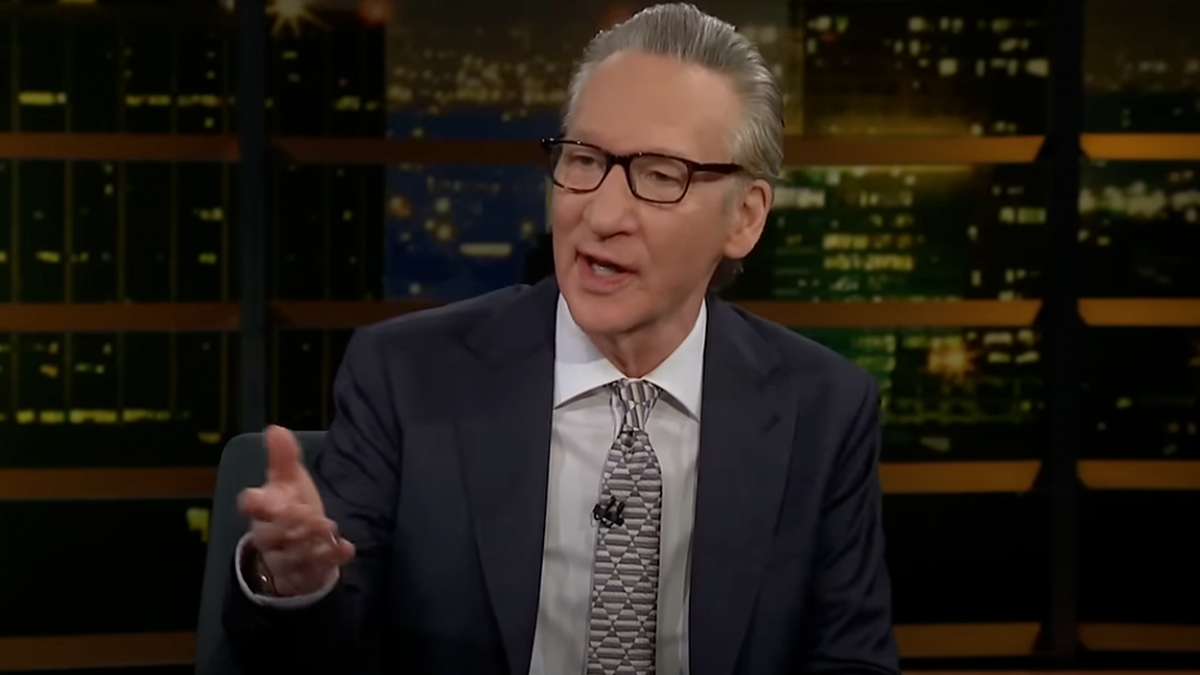President Trump has championed ending government censorship, a laudable goal rooted in the First Amendment's protection of free speech. However, true commitment to free speech lies in upholding it even when inconvenient. While Trump has taken positive steps like opening the White House Press Room to diverse media and delaying the TikTok ban, his record also includes actions that appear to contradict this commitment, such as the response to 2020 protests and an executive order that fueled educational censorship.
If President Trump is serious about fostering free speech, here are three key areas for action:
1. Safeguarding Online Expression
Efforts to amend or repeal Section 230, a provision protecting online platforms from liability for user-generated content and content moderation, could stifle online discourse. Section 230 allows platforms like Facebook, X (formerly Twitter), and TikTok to host diverse viewpoints without fear of lawsuits over potentially controversial posts. Weakening these protections might lead to increased content removal, hindering open online debate. Protecting online speech requires preserving Section 230 and discouraging any actions that undermine it.
2. Supporting a Free Press
President Trump's history of legal action against media outlets raises concerns about potential chilling effects on journalism. Baseless lawsuits against news organizations can deter reporting, particularly by smaller outlets and independent journalists who lack the resources to defend themselves. A robust press requires the freedom to report without fear of reprisal. Supporting the bipartisan PRESS Act, which protects journalists from revealing their sources, would further strengthen the press's ability to uncover important information.
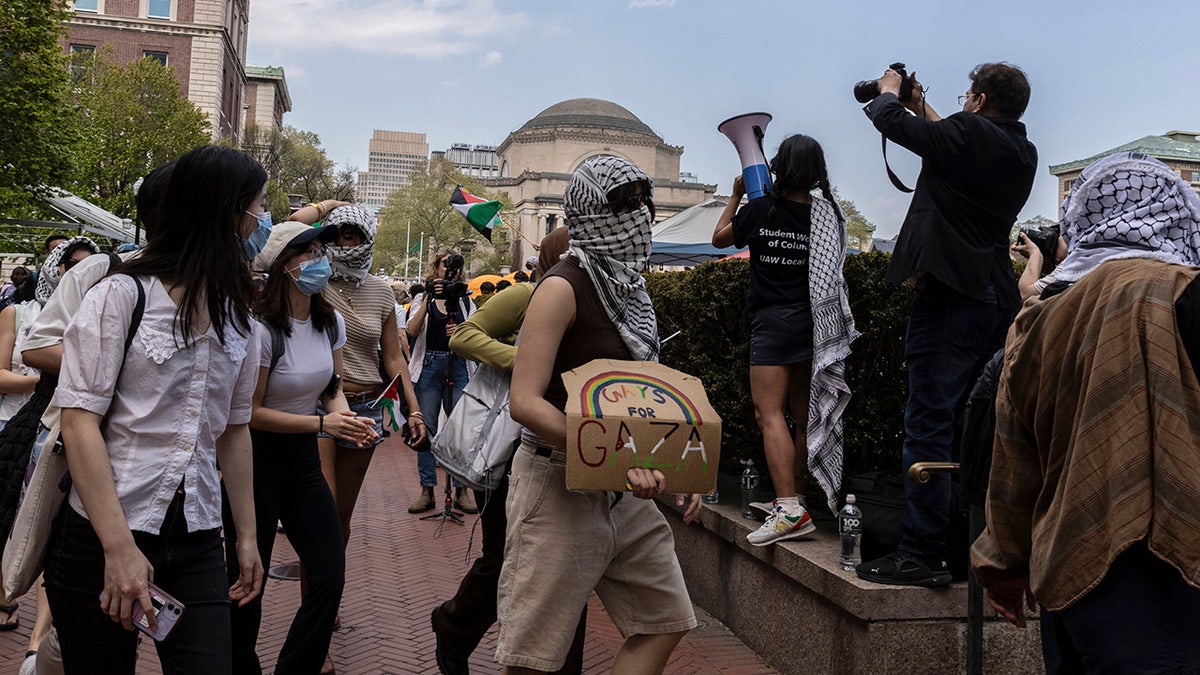
Protecting student protests and campus speech is crucial for fostering open dialogue.
3. Fostering Campus Dialogue
While addressing antisemitism and hate on college campuses is essential, overly broad definitions of antisemitism can threaten protected political speech. For example, conflating criticism of Israeli government policies with antisemitism can stifle legitimate debate. Distinguishing between harassment and protected speech is crucial. Furthermore, using immigration law to punish or censor political expression, such as threatening deportation for participating in protests, is a clear violation of First Amendment rights.
By focusing on these three areas—protecting online speech, supporting a free press, and fostering campus dialogue—President Trump can move beyond promises and take concrete actions to truly protect free speech for all.

